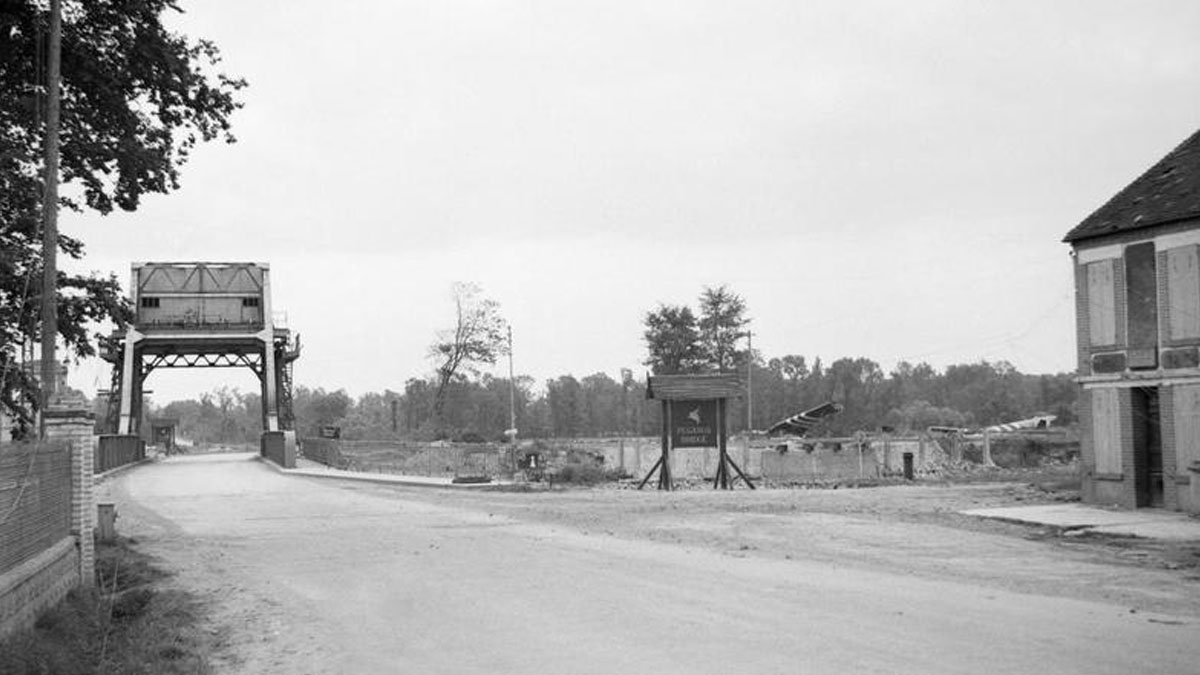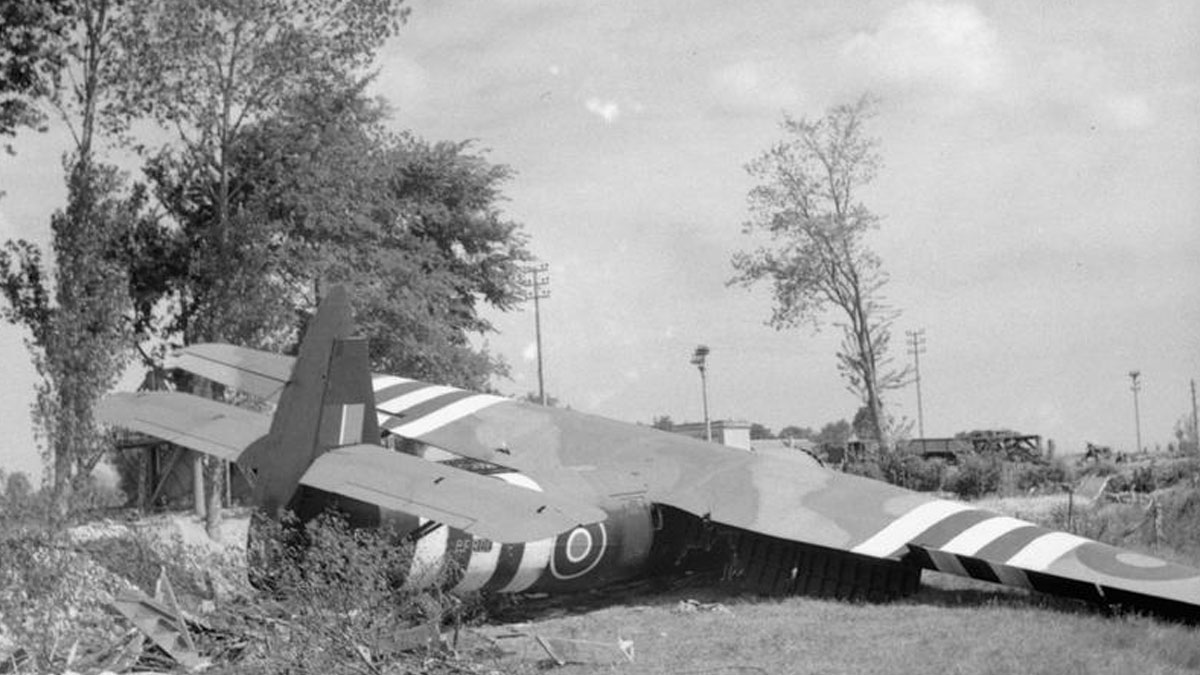Captain Reverend James McMurray-Taylor served in 1st Battalion Royal Ulster Rifles during World War Two. He took part in the Battle of Normandy and was a padre on the beaches on D-Day in 1944.
He was born in Ballymena, Co. Antrim on 17th May 1916. He attended Trinity College, Dublin before becoming a Church of Ireland minister in 1939 at the age of 23 years old. Soon after this, war broke out and he enlisted with the Royal Ulster Rifles.
On the morning of D-Day, he held a non-denominational service for those on their way to Normandy. Later that afternoon, accompanied by Sir Hugh Wheldon MC, he left for France in a glider.
A Padre in Normandy
Reverend McMurray-Taylor was part of 1st Battalion, 6th Air Landing Brigade, 6th Airborne Division. During Operation Mallard he landed in Normandy, France on the evening of 6th June 1944. He was padre to hundreds of soldiers. Many of those men of the Royal Ulster Rifles would die in the following days.
Reports suggest that McMurray-Taylor conducted burial services for both Allied and German troops. All the while, gunfire and mortar shells filled the air. He would remove identity tags and personal effects to return to families of the fallen men.
After the war, he became a minister at Derrybrusk, Co. Fermanagh. In 1957, he moved to Killadeas and Castle Archdale where many RAF, USAAF, and RCAF men had their bases during the war.
Reverend James McMurray-Taylor died in 2001. His grave is in Castle Archdale, Co. Fermanagh.

